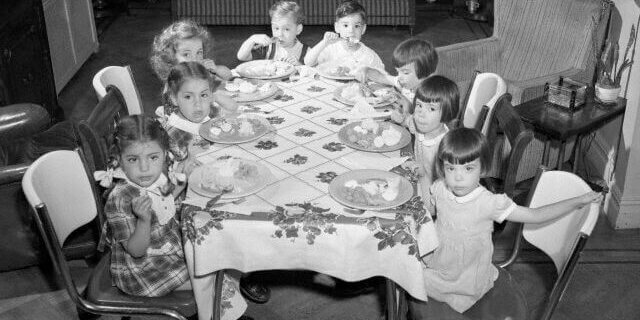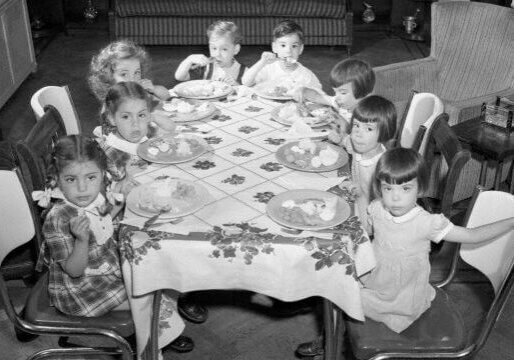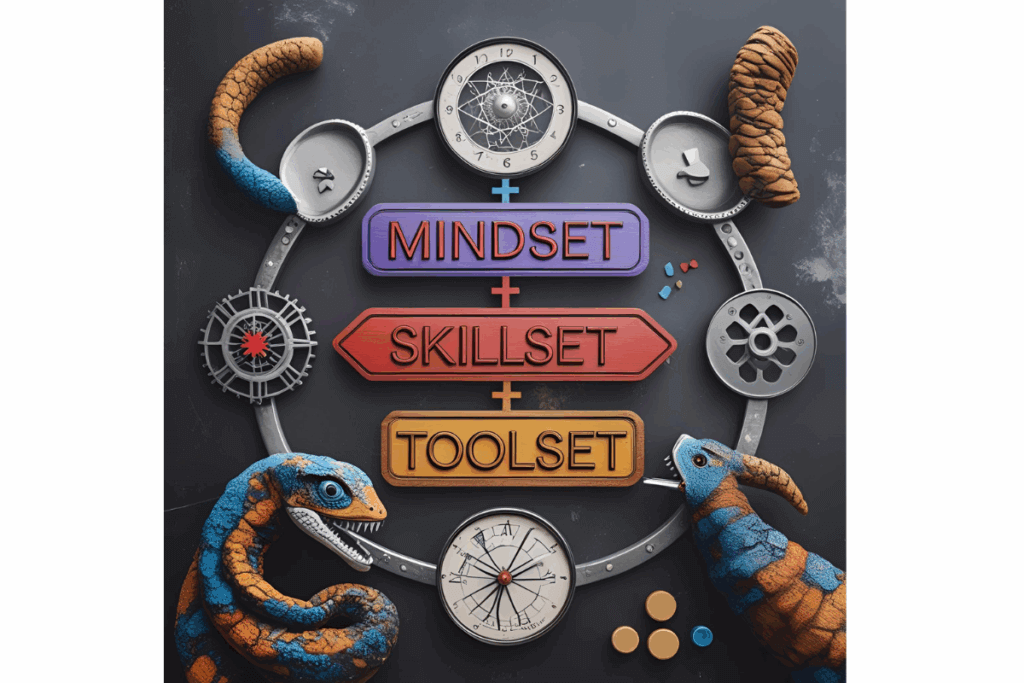Newsletters
“Mark, can you set up the card table, please?” Ugh.
As a teenager, this request was easy enough to fulfill, but as I unfolded the legs, gathered a mismatched set of chairs, draped the spill-proof tablecloth, and placed the plastic cups and plates around this rectangular nemesis, there was an unspoken angst in the air. Term limits weren’t formal in my familial administration, but I firmly believed I had served this table faithfully throughout the years, and now it was time to pass the baton to the next generation. I wouldn’t formally lobby my case, however, because tradition dictated that (like vampires) I needed to be invited inside the adult circle.
As we prepare to celebrate one of the strangest Thanksgivings in US history, the idea of tradition weighs heavily on my mind. More than any other holiday, Thanksgiving is filled with deeply personal traditions – who sits where, which dishes you use, how the gravy is made, using scratchy cloth napkins (because they match the tablecloth the family has used for generations), and the age-old battle between fresh cranberry sauce versus jellied. Thanksgiving is a time when families gather from around the country to overeat, give thanks, and interact argue.
This year, traditions have been disrupted. CDC guidelines can best be summarized as “stay home,” and families everywhere are struggling to reconcile past traditions with the current reality. Based on the number of comments made on social media and elsewhere, this reconciliation is an uneasy one. Tryptophan-induced snoring by your favorite drunken uncle just doesn’t translate well via Zoom.
Although it doesn’t seem like it, traditions change all the time. Modern conveniences take over for old-fashioned ways (when is the last time you melted butter anywhere but in the microwave?). Changes in taste mean the hot dog Jell-O molds of old have given way to less disgusting side dishes. And the ultimate change comes when two people form a relationship; they bring together generations of traditions from their respective families, honoring the old while embracing the new.
Your organizational family can be just as traditional, yet we have seen businesses make immediate changes to time-honored practices in response to the pandemic. In the process, they are discovering innovative ways to move forward, including new traditions that will guide them in the future. If an organization can do it, surely we as individuals can find a way.
I know that we are all mourning the loss of “normal,” and it’s important that we honor that loss. But as we gather for our non-traditional celebrations this week, let’s be sure we celebrate the new traditions we’ve made. Given all we’ve been through in 2020, I’d happily set up the card table one more time. Happy Thanksgiving everyone.
With warm regards, and with thanks,
—Mark
Founder/managing principal/pro-fresh cranberry eater, IA
Where You Can Find Us

Normally, we would be presenting at live conferences, but 2020 definitely had other ideas. That doesn’t mean we haven’t been able to participate in a number of virtual events and publications, including:
- November 9, 2020: Mary Faulkner is a regular contributor to ERE.net and recently penned an article looking at the importance of building empathy into your recruiting practices.
- November 2020: As a member of the Forbes Human Resources Council, Mark’s comments have been shared in a number of recent articles, including employee benefits and exit interviews.
- December 3, 2020: Mark Stelzner will take part in the upcoming InnovateWork Rockies event. Join Mark and four other talent, HR, and tech leaders as they discuss issues that are top of mind for them.
On Our Radar
As always, the team at IA were intrigued by quite a few articles that have been written lately. These are a few that caught our eye:
- As remote work becomes more of a way of life for several organizations, a few are taking a step in a direction the IA team thought was…interesting. Per this article from Fast Company, some companies are looking to hire a Director of Remote Work, which begs the question – do you really need one?
- No recent article about working from home generated as much chatter as the one that described Deutsche Bank’s call for a 5% “privilege tax” on people who choose to work from home. While the intent is to support front-line workers, it certainly got people talking about where that money should come from. And parents around the world dealing with virtual school would like to have a word about the idea, too.
- Goodness knows we have all become virtual meeting professionals at this point, but just because we have an efficient call, it doesn’t mean the decisions coming out of that meeting are the right ones. Groupthink is a real challenge for virtual meetings – apparently, we all just want to “get it over with.” Erica Dhawan provides some practical tips on avoiding the pitfalls.
About IA
As trusted advisors to senior leaders, IA supports strategic initiatives that transform the way organizations work.
Our seasoned team of professionals apply a revolutionary eye, deep domain experience, and flexible tools to accelerate the achievement of even the most ambitious goals. With a cross-functional, strategic perspective, we thrive on big, messy problems. Whether large or small, public or private, domestic or international, it’s our job to support leaders and their teams in achieving outcomes that are truly unique to their culture and objectives.
Every organization has a catalyst for change – learn more at iatransforms.com.






